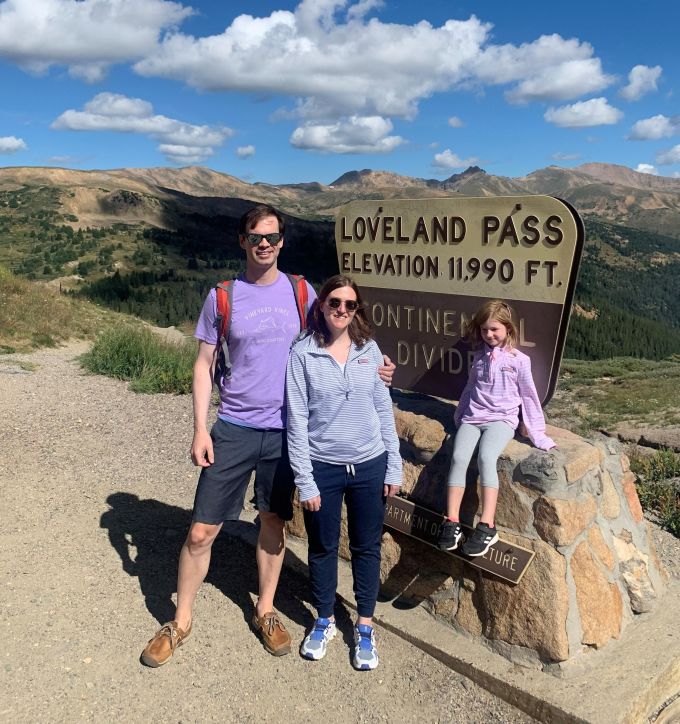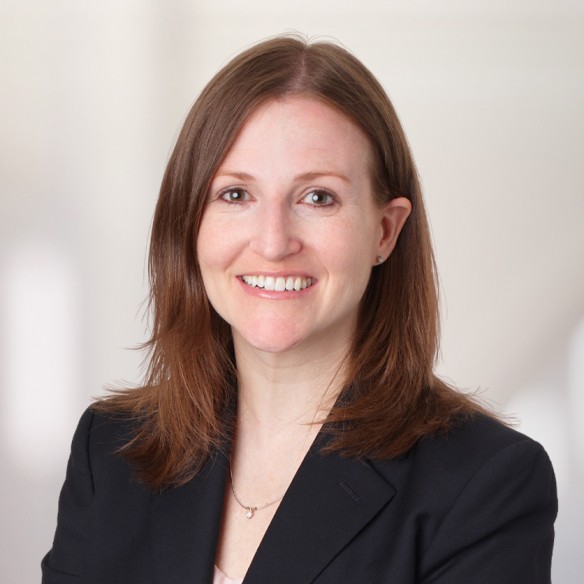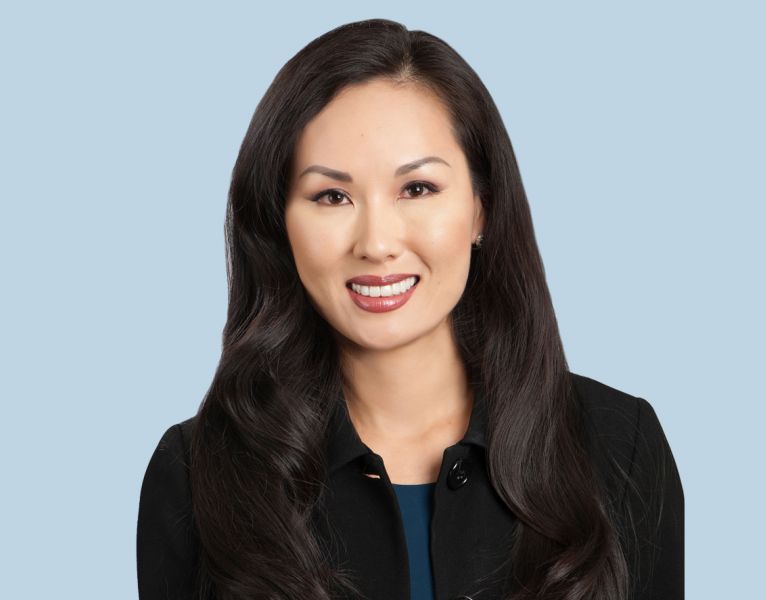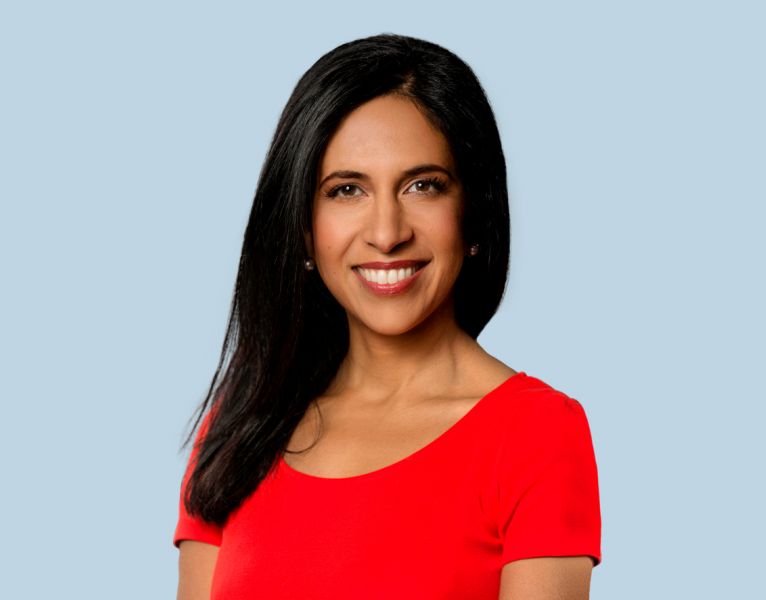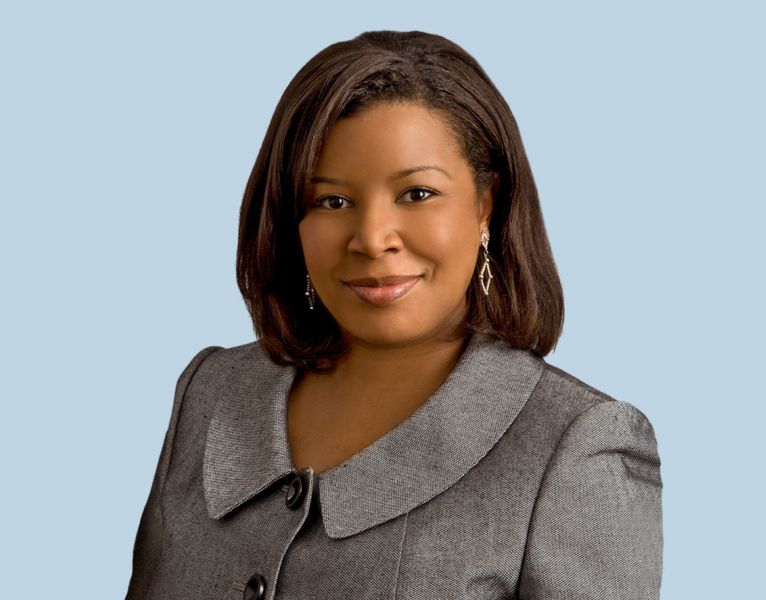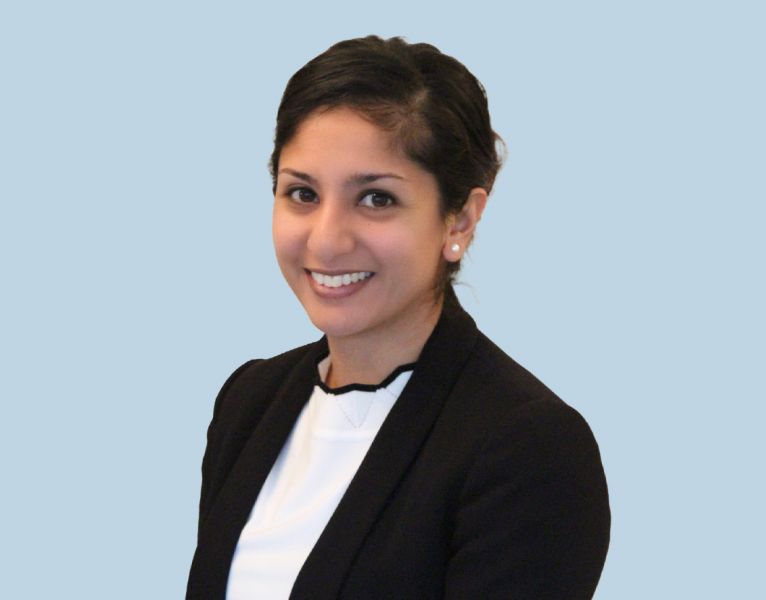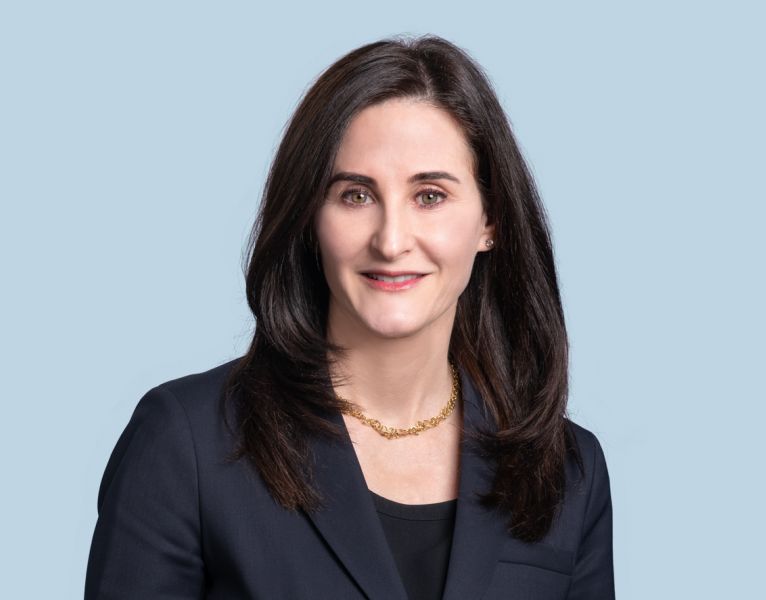Katelyn O’Brien is a partner in the Firm’s Real Estate Department. Outside of her practice, Katelyn serves as a partner liaison to the Proskauer Women’s Alliance Steering Committee. Katelyn is also the co-chair of the Boston office Hiring Committee where she works to advance the goals of diversity and inclusion in the next generation of talented Proskauer lawyers. Within her department, Katelyn also serves as a formal mentor to associates. Katelyn is heavily involved in Proskauer’s CSR efforts, volunteering with our Bottomless Closet and Adopt-a-School partnerships.
Read below for excerpts transcribed from our in-person interview with Katelyn O'Brien.
What do you think are some of the biggest factors and practices that have enabled your career to flourish?
Katelyn O'Brien: I learned early on that being flexible is key. I graduated from law school in 2009 and wanted to practice real estate, but it turned out that was a really challenging time to graduate from law school! The firm that I was joining was not hiring in their real estate practice, so they said, ‘how about bankruptcy?’ And I said, ‘if it means I have a job, sounds great.’ After two years in the bankruptcy group, real estate transactions began to pick back up, so I raised my hand and asked to be transferred. I have been practicing in real estate ever since. While I learned a lot in the bankruptcy group, I also learned to trust my passion for what I really wanted to do. I learned that patience would pay off for me.
Were you aware that you were playing the long game and being open to opportunities or is it in hindsight that you realized this?
Katelyn O'Brien: That's a good question. I think that, at the time, maybe I felt like I was grasping rather than seizing opportunities. I think it is in hindsight that I said, ‘oh, wow, that experience actually really helped inform a lot of what I became and can do today.’ Sometimes it's difficult to see opportunities when they look different than you imagined, and that is why being open to trying new things is so important.
How did you find your mentors?
Katelyn O'Brien: I’ve had great mentors and sponsors — lawyers who have taken the time to explain why we do what we do, and why documents say what they say, while pushing me to take on roles that I was uncomfortable with, to grow as a lawyer. I don't think I ever said to myself, I need to find myself a mentor. I figured out who I liked working with and who I was learning the most from, and then I just kept asking them more questions. And then they liked working with me, so then they would seek me out!
What's difficult to realize when you're at the beginning of your career is that people love helping younger lawyers and want to be sought out for their opinions and advice.
While it's a great first step to say, ‘I need to find myself a mentor,' what you really need to find are the people that you like working with, and whose opinions you respect.
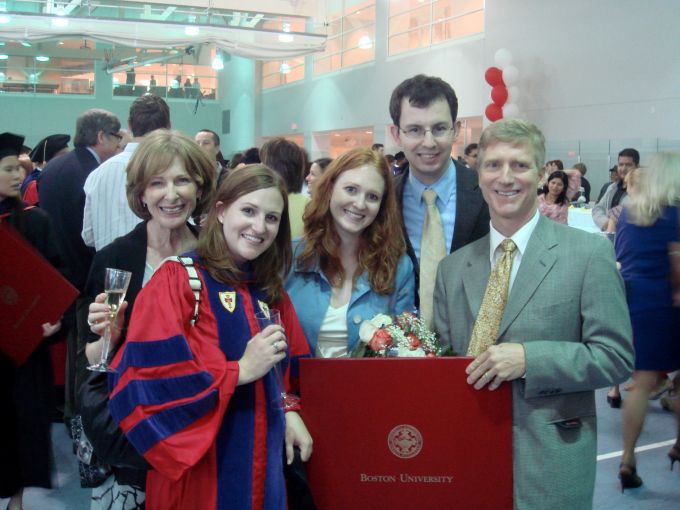
In what ways do you mentor? Is it a conscious decision to pay forward what you get from others?
Katelyn O'Brien: Being the youngest partner in my group, I find that many of the associates naturally come to me with questions and pain points. I think teaching is fun, and I always want to share advice that was hard fought and hard learned to spare someone else from unnecessary struggle. I am involved with a networking organization for women in commercial real estate and serve as the co-chair of the membership committee. One of our goals is to encourage young women to get involved in the industry, and provide support from more
seasoned professionals. I'm also a formal mentor to one of our real estate associates,
and was a mentee in Proskauer’s Women’s Sponsorship Program, which was a terrific
opportunity.
What is the most powerful advice you've ever been given?
Katelyn O'Brien: An incredibly successful and fantastic female partner I know once told me to “follow the money,” by which she meant “understand the why”, which I’ll explain.
As a lawyer who focuses on details, and frankly, somewhat of a perfectionist, it's easy to get bogged down in the weeds. But you’re never going to be a great lawyer if you don't get why your clients are doing what they're doing. You must keep your eye on the money.
As real estate lawyers, we help our clients develop, buy, finance and sell buildings, but what ultimately matters to our clients is not the building itself, but the income stream the building generates. It's the tenants in that building. Who is going to lease that building and pay the rent? And what do their financials look like? I've learned that if a client approaches you with a new deal, you and your client must be able to answer why they want to and should do this deal. If there's not an obvious answer, often that deal falls through, because eventually the parties realize that the deal doesn’t make sense. Trying to understand the business reasons behind why our clients do what they do has really helped me. It's something I remind myself of every day.
How would you encourage the next generation of men and women to enter big law?
Katelyn O'Brien: I think there's no better way to start your career than at a big law firm. In terms of law firm versus in-house, law firms have so many advantages in terms of the breadth of experience that you're going to get. You're not going to learn one company; you're going to learn all your clients' companies. In the real estate world, I get to work in so many different industries. I have done deals for ski resorts, hotels, offices, senior housing communities, waste management companies, and life sciences companies, to name a few.
As I do the deal, I learn a little bit about each one of those industries and what matters to the people who work in them. You also can't equal the training, the knowledge and the sophistication of the best and brightest lawyers, as well as clients, that are surrounding you.
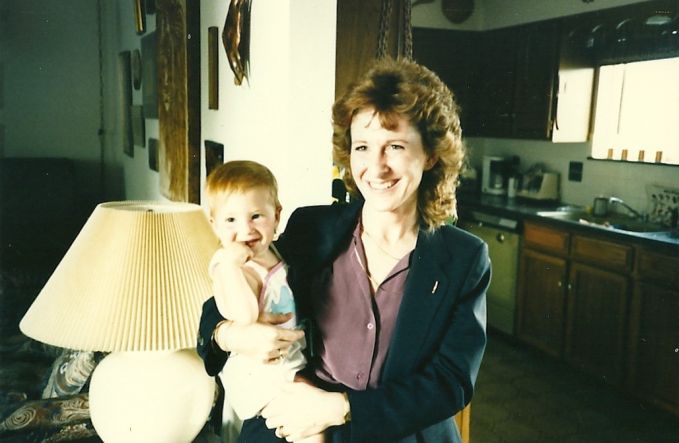
What do you love about real estate? What's your favorite part about it?
Katelyn O'Brien: I love how tangible it is. I worked a lot on The Four Seasons One Dalton in Boston’s Back Bay, and I love that I can point to it as a real place. I had high tea there, and it was so amazing that I had high tea in this building that I helped build. Even when I can't see or touch the buildings, it's fun to know you were part of that development.
You’re so curious and love all aspects of the industry, from the development to the design. What are you most hopeful and inspired by today about your practice?
Katelyn O'Brien: We have four new associates in the real estate group, one lateral and three new first years. During the pandemic, training really suffered. It was easy for those of us with enough experience to simply do what we've always done, but at home. But what was missing was the ability to teach the younger associates to do what you do. I am excited for a chance to invest in these new associates in our group and train them properly, giving them my time and sharing my knowledge.
If you could go back in time and give your younger self advice, what would you say to her?
Katelyn O'Brien: I would tell my younger self to be patient, but stay driven. Don't give up because things didn't work out the way you wanted the first time.
What advice would you give to the next generation or a more junior person on developing client relationships?
Katelyn O'Brien: These days it is so easy to use email. But I would really encourage everyone to use the phone, to use video conferences. I think that is the silver lining of the pandemic, for sure. I have gotten to know my clients so much better, having gained some insight into their lives — seeing their faces, even sometimes their dogs, their kids and their houses.
I know some clients based in Seattle so well now, and we’ve never met in person. Building those relationships is key. At the beginning of every call, ask your clients how they're doing and then remember what they said, and then ask about it the next time you talk. Having more personal conversations with people is so helpful.
Building relationships with other attorneys is crucial – especially those on the other side of the deal. Call them and establish that rapport and get a relationship going, so that on the closing day, if something goes wrong, you have that relationship to fall back on. And in terms of who to build those relationships with, it's not necessarily the executives.
When you're the junior person, you should get to know your junior counterpart – the person at your client doing the diligence. Those people are going to learn that they can rely on you. And they're going to call you, because they know you're the one who can get them the information. As soon as they rely on you, they're going to tell that to their boss, and that's going to be good for you.
Also, as that person advances in their career, they'll remember you. And those people that start junior — just like the lawyers at our firm — they get more advanced, and they get promoted, and maybe they even go to a different company. And maybe they're the reason that that new company calls Proskauer for the next deal.
Build those relationships with the people that you feel comfortable with. It can't be forced; it must be natural, but it's important.
